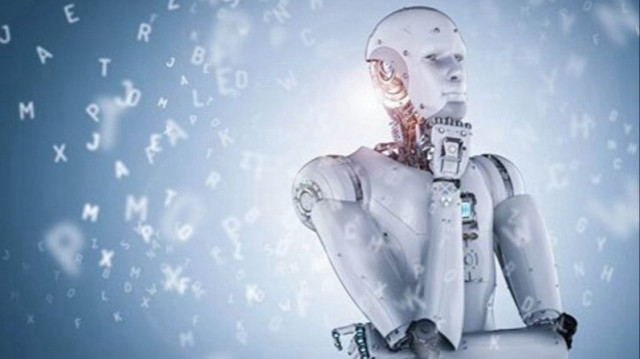
The social nature that forms the fundamental building block of societies has taken various shapes and conditions throughout history, maintaining its functionality to this day. Throughout human history, individuals coming together and forming social relationships have played a fundamental role in shaping societies. Sociology provides the study of these relationships, social structures, and cultural contexts.
In traditional times, geographical proximity, family structures, and cultural norms determined the nature of social relationships, while modernization and technological advancements have significantly altered these dynamics.
Today, AI-powered platforms have entered the lives of some technology enthusiasts with the promise of redefining relationships between individuals. However, when the effects of these platforms on social bonds are examined from a sociological perspective, they appear both promising and concerning.
While the matching suggestions provided by AI platforms seem to guide individuals in their relationships, the mechanical nature of these recommendations makes the depth of relationships questionable. Algorithms analyze individuals' preferences to redefine the concept of the "ideal partner" and offer matches accordingly. However, this can sometimes hinder the diversity of individual identities and unique experiences. From a sociological standpoint, this algorithm-driven process can standardize the meaning of relationships, trapping individuals in clichéd expectations.
The weakening of traditional bonds and the widespread adoption of individualistic lifestyles have led to increased loneliness, and AI platforms such as AI Girlfriend are presented to users as a solution to this loneliness. While the virtual intimacy provided by these platforms offers short-term satisfaction to individuals, it has the potential to deepen loneliness in the long run because relationships formed in digital environments are often superficial and fail to meet the need for genuine connection. Individuals who rely on technological tools to overcome loneliness may eventually face the risk of losing their social skills.
The impact of such AI platforms is also significant when it comes to identity perception. In the digital world, individuals often tend to present themselves in an idealized manner. It is not incorrect to say that this creates a disconnection between individuals' real identities and their digital representations. AI platforms analyze these representations to suggest matches; however, this can make users' expectations unrealistic.
From a sociological perspective, the identities individuals create on such platforms deeply influence how they perceive themselves and others. This ideal perception imposed by digitalization can increase the disappointments individuals experience in social relationships and lead to a loss of meaning in communication.
In the process of digitalization, the qualitative weakening of relationships has made interactions between individuals more pragmatic and superficial. Communities that once focused on building deep bonds have now given way to temporary digital interactions. While AI-powered platforms promise individuals a wider social circle, this expansion has made the quality of social bonds questionable. Sociologists associate this phenomenon with alienation and loneliness among individuals. Despite having access to more people, the inability of this access to turn into deep connections often leads to a sense of dissatisfaction.
While the opportunities provided by technology have the potential to expand and diversify individuals' social bonds, they also transform societal dynamics and mechanize the nature of relationships. At this point, AI-powered platforms are presented as a solution to individuals' loneliness problems, but these platforms also carry the risk of replacing human relationships with artificial bonds. In such an environment, individuals may turn to relationships simulated by AI instead of forming real connections, further deepening social disconnection.
This situation can, in a sense, influence the redefinition of the concept of community in sociology because, with digitalization, individuals are moving away from being part of a physical community and focusing on virtual bonds. Of course, the quality of these bonds falls short of the traditional depth of relationships.
While AI-powered friendship platforms offer individuals a safe and comfortable interaction space, they can also cause them to move away from the complex dynamics of real-life relationships. It should not be forgotten that, for many, these platforms are considered a form of play and entertainment activity.
In conclusion, the impact of AI-powered platforms on interpersonal relationships is quite complex from a sociological perspective. While these platforms provide short-term solutions to individuals' loneliness and sense of belonging in modern society, they carry the risk of weakening the quality of social bonds in the long run. The algorithm-based guidance offered by AI can reshape individuals' identities and expectations, transforming the meaning of relationships. Sociology provides the necessary tools to understand and analyze this transformation, but this analysis must focus not only on the benefits of technology but also on its negative effects on societal structures. These platforms, which raise critical questions about the future of relationships, bring with them the danger of increasing the superficiality of human relationships and make a profound analysis of societal structures increasingly essential.

